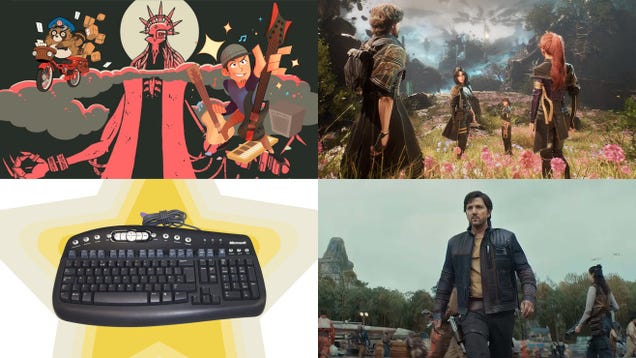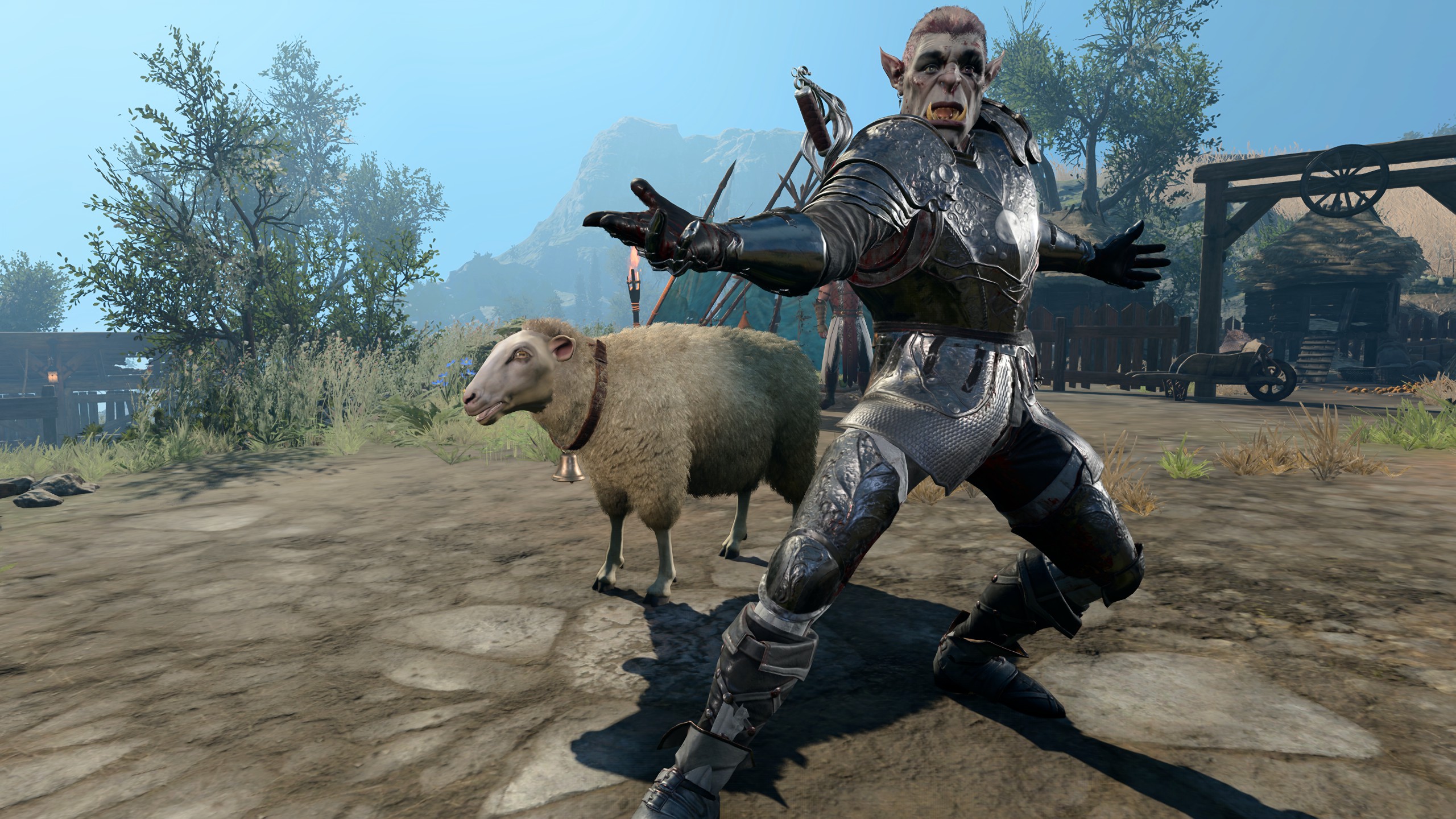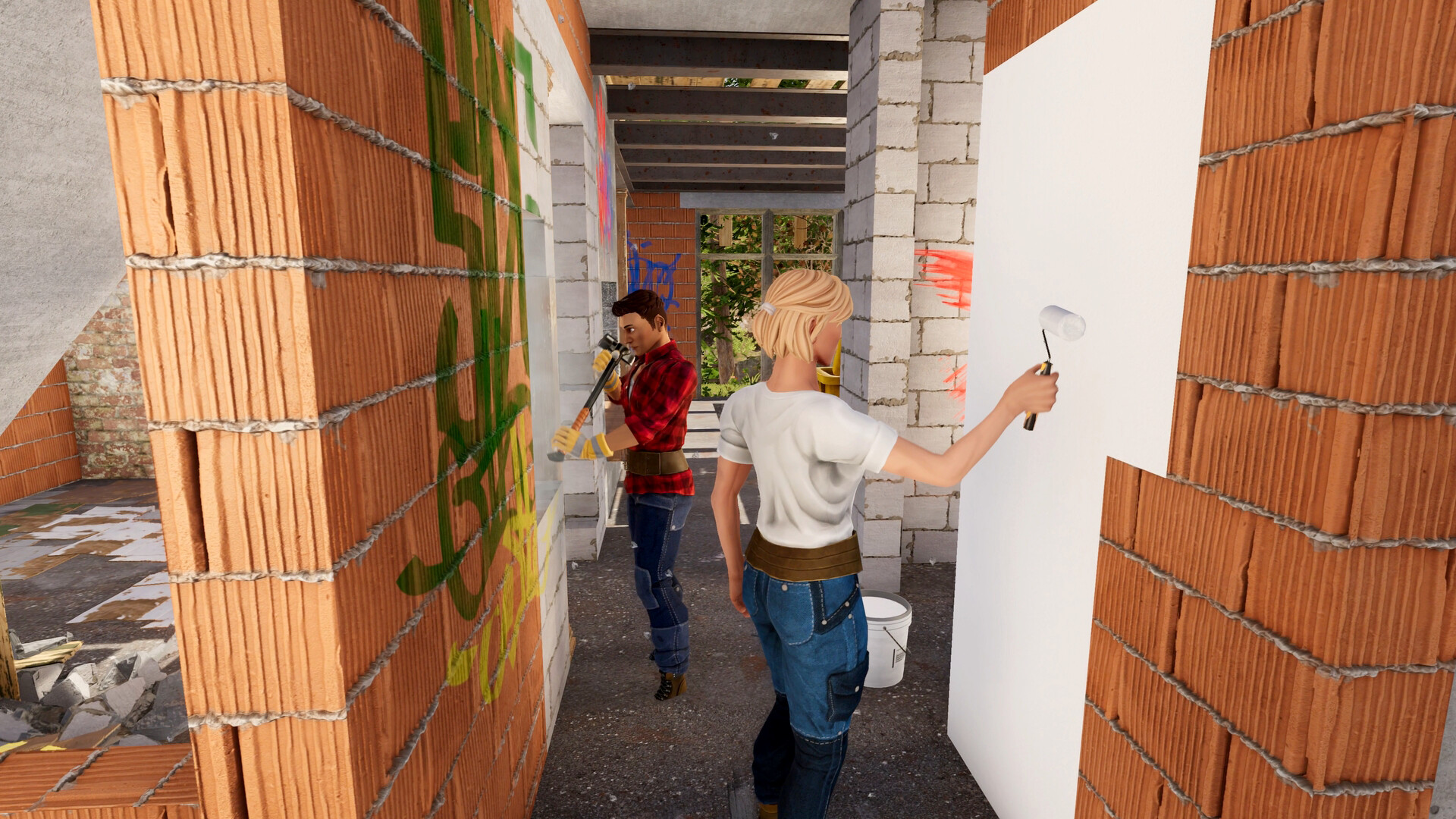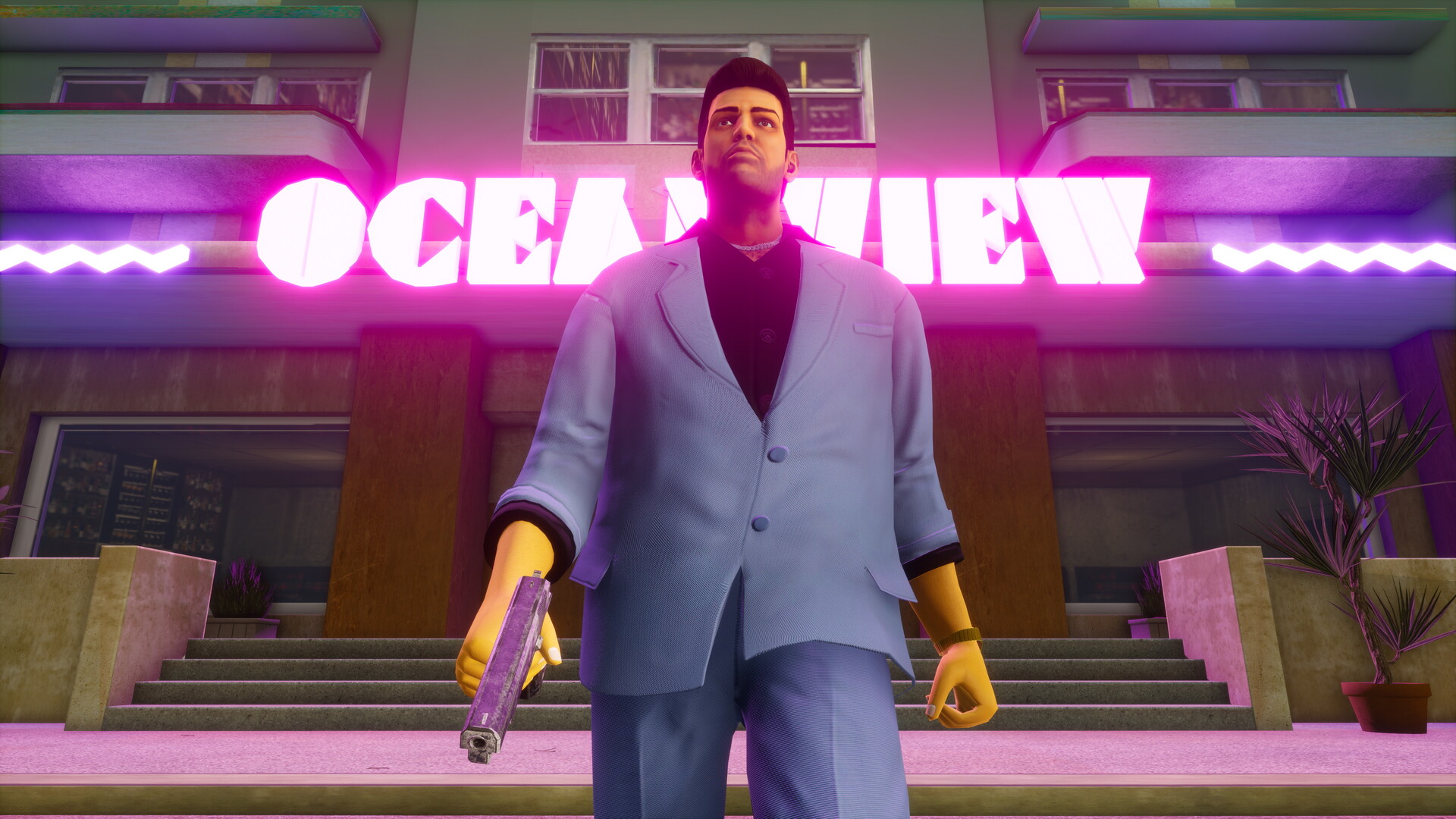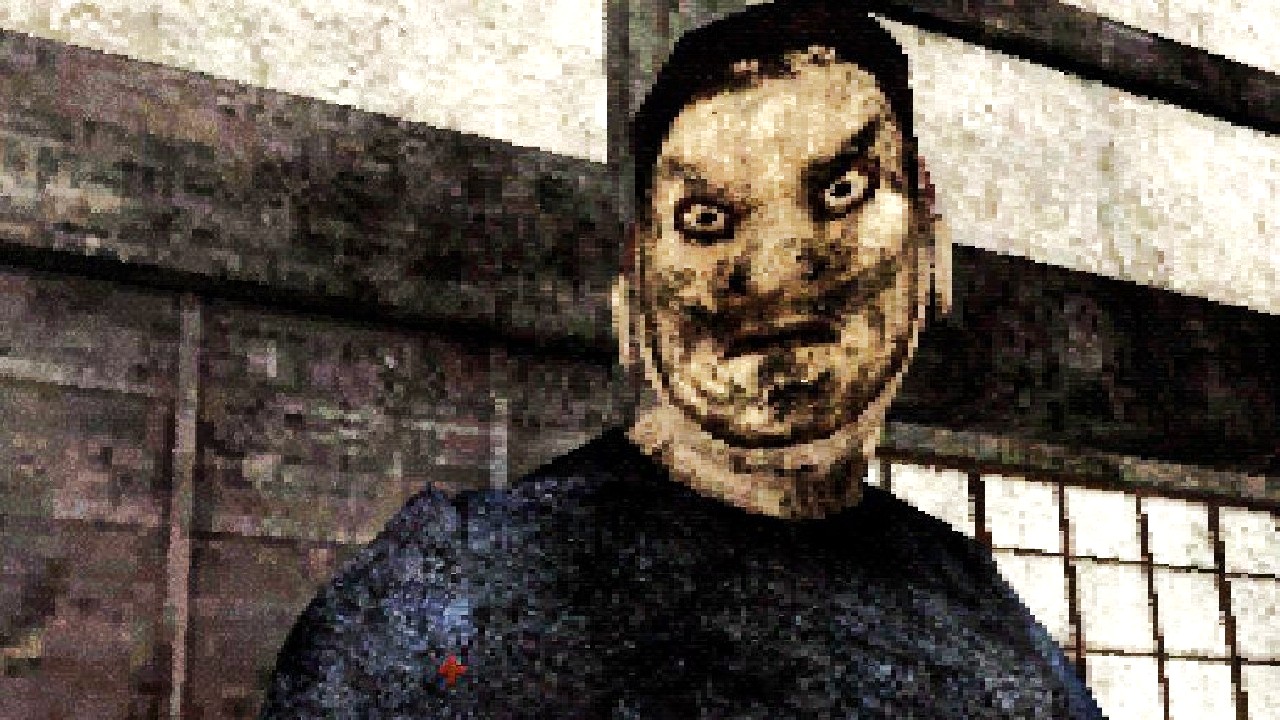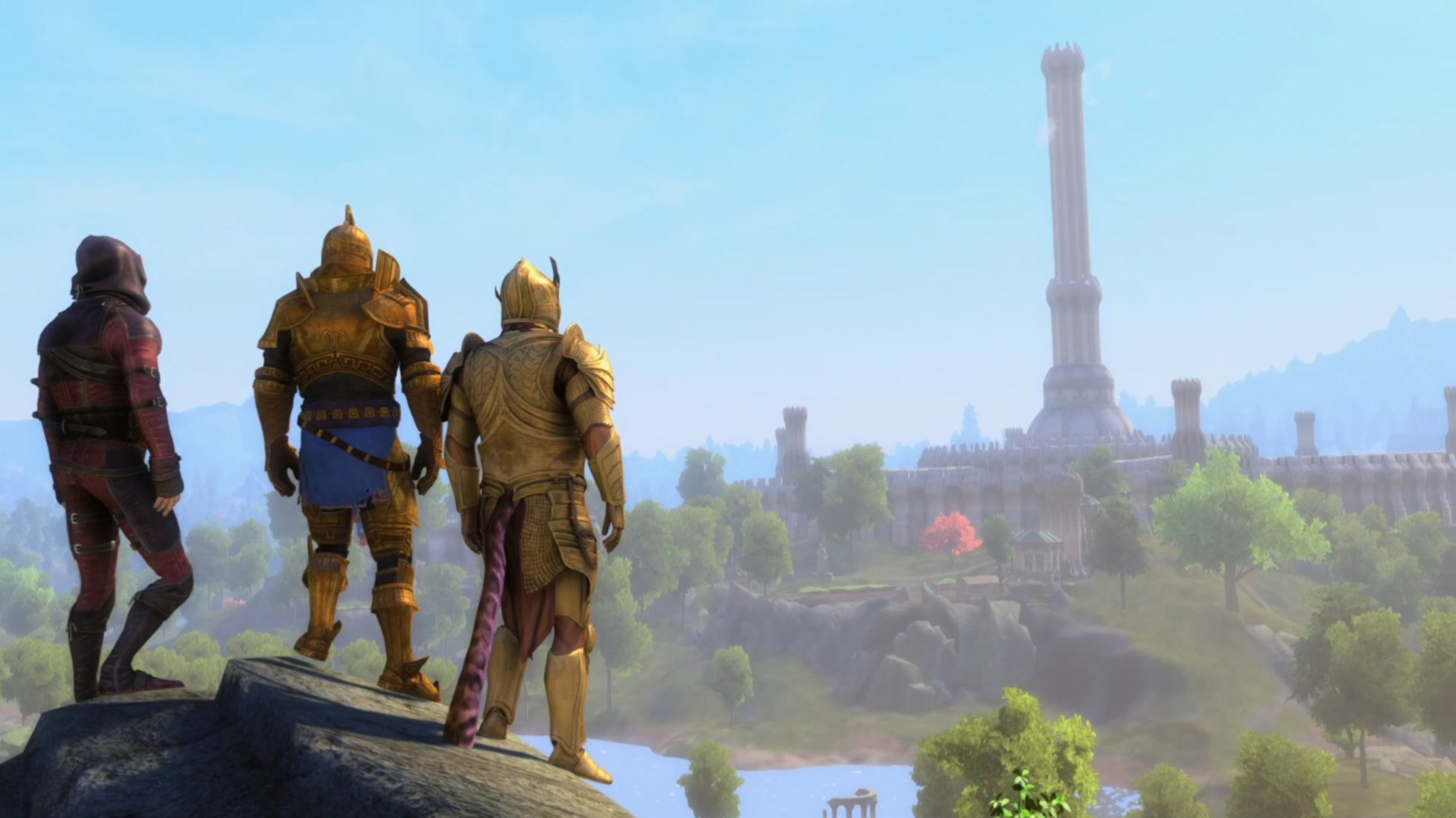
Dustborn Review - Words Hurt
Dustborn is written as though its creators heard complaints like “Keep politics out of games” and defiantly went in the opposite direction. It is one of the most overtly political and, more specifically, unapologetically leftist games I’ve ever played, and that uncommonly brazen setup makes its early hours very interesting, but it falls apart in the second half due to monotonous combat and a final few chapters that undo the stronger first half.
A near-future dystopian and plainly fascistic America, fractured into territories following a second civil war, plays the sea-to-shining-sea enemy of a group of bleeding hearts on an undercover road trip to fuel a better tomorrow. With a punk-rock cover story aiding its diverse collection of cast-offs from the new America, and gameplay mechanics akin to a Telltale game, Dustborn checks so many of the boxes of a game I’d normally adore. So it was surprising to me, though ultimately not difficult to explain, when the game left me feeling empty and wanting.
Dustborn’s cel-shaded comic-book art direction is captivating right away, and like the broken world it colors in, it immediately caught my eye. I didn’t mind, at first, when the opening scene featured the four main heroes being rather annoying. I figured this would be their arc, from awkward pals barely dodging the game’s federal force of corrupt cops to defiant leaders toppling tyranny nationwide. I was in for the ride… until I wasn’t.



